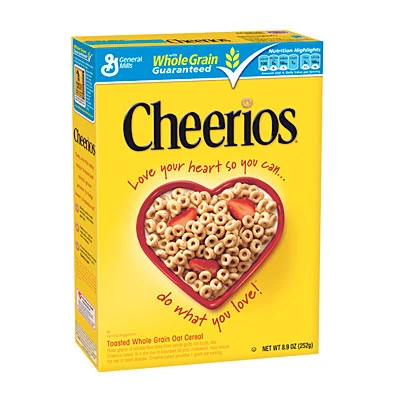Class-Action Suit Filed Against General Mills
General Mills faces a class-action lawsuit with allegations that its widely consumed Cheerios cereal contains a harmful pesticide, sparking concern among consumers about the product’s safety. The lawsuit, led by plaintiff Steven Epstein, accuses the company of not disclosing the presence of chlormequat chloride, a pesticide claimed to be found in dangerously high levels within the cereal.
Allegations of Misleading Consumers
Steven Epstein, a resident of New York, asserts in the legal documents that when he purchased a box of Cheerios in January, there was no indication on the cereal’s packaging, advertising, or listed ingredients that it contained the pesticide chlormequat chloride. This omission has raised significant concerns, as independent studies cited in the lawsuit have reportedly confirmed the presence of the chemical, which is linked to adverse effects on fetal growth and the nervous system.
The Potential Risks of Chlormequat Chloride
The heart of the lawsuit revolves around the potential health risks associated with chlormequat chloride. Epstein argues that had he been aware of the pesticide’s presence in Cheerios and the possible dangers of consuming it, he would not have bought the cereal or would have expected to pay much less for it. This claim underscores the growing consumer demand for transparency regarding the ingredients and safety of food products.
Seeking Justice and Transparency
With the lawsuit, Epstein aims to initiate a class action seeking millions in damages for what he describes as significant misrepresentations and omissions by General Mills in marketing Cheerios. The case brings to light important questions about food safety, corporate responsibility, and the rights of consumers to be fully informed about the products they consume. As the legal proceedings unfold, this lawsuit could have broader implications for how food companies disclose the use of pesticides and other chemicals in their products.



